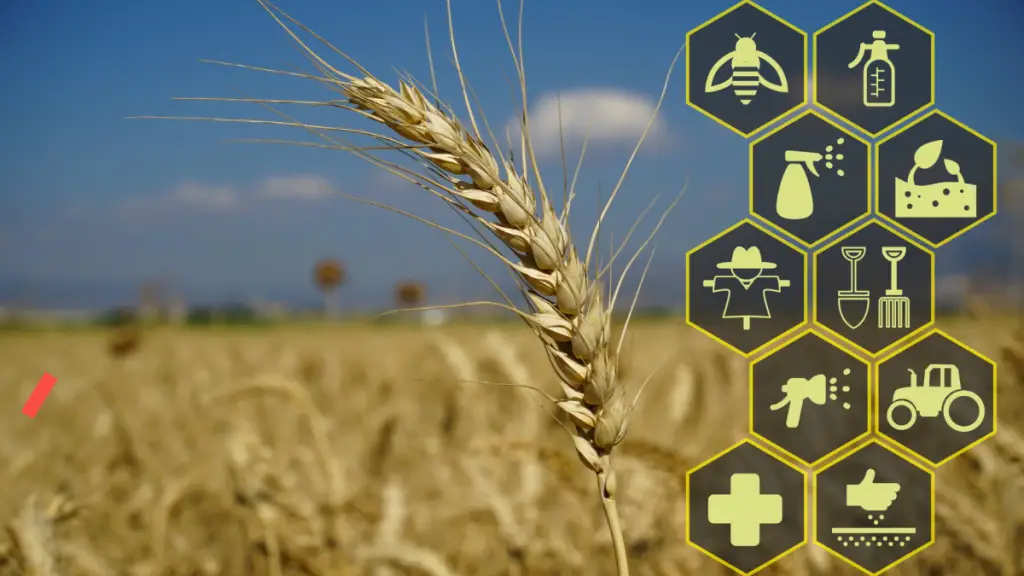Agriculture has always been at the heart of Nigeria’s economy. Even before oil became the country’s main source of revenue, agriculture was the backbone of our economic life. From feeding families to generating income, farming is deeply woven into the fabric of our society. Despite the shift towards oil, agriculture continues to play a vital role, not just in putting food on the table but in driving the nation’s growth.
This article dives into how agriculture has shaped our economy, highlights some inspiring success stories, and explores future plans that could take the sector to new heights.
Historical Context
If we take a stroll down memory lane, we’d see that agriculture has been a constant in Nigeria’s history. Before the colonialists set foot on our soil, our ancestors were already skilled farmers. They grew yams, millet, and other crops, not just for survival but also as part of their trade systems. The arrival of the British brought about a shift. They introduced cash crops like cocoa, groundnuts, and palm oil, which quickly became Nigeria’s main exports. This move set the stage for an agricultural export economy that thrived even after independence.
However, after Nigeria gained independence in 1960, the spotlight started shifting away from agriculture, especially with the discovery of oil. But even then, the importance of agriculture wasn’t completely forgotten. Initiatives like the Operation Feed the Nation campaign in the 1970s aimed to boost local food production. These efforts, though interrupted by the oil boom, kept the agricultural sector alive and kicking.
Success Stories
Fast forward to today, and we see that agriculture has made a remarkable comeback in Nigeria. Here are some of the success stories that show just how powerful this sector can be.
Increased Food Production and Self-Sufficiency
Over the last few years, Nigeria has made significant progress in becoming more self-sufficient in food production. The Agricultural Transformation Agenda (ATA), launched in 2011, was a game changer. It focused on ramping up the production of key crops like rice, maize, and cassava. The results were impressive. Nigeria became the largest producer of cassava in the world and managed to cut down its rice imports significantly. These achievements not only boosted the economy but also reduced our dependence on foreign food supplies.

Export Growth and Foreign Exchange Earnings
Agricultural exports have also seen a resurgence. Cocoa, which was a major export crop during the colonial era, continues to bring in valuable foreign exchange. But it’s not just cocoa. Nigeria has expanded its agricultural exports to include rubber, sesame seeds, and cashews, among others. These exports have provided much-needed revenue, created jobs, and supported rural communities. The success of these export crops is proof that agriculture can be a major contributor to Nigeria’s economic growth.
Agricultural Initiatives and Programs
Government programs have been pivotal in driving the success of agriculture in Nigeria. One standout initiative is the Anchor Borrowers’ Program, launched by the Central Bank of Nigeria in 2015. This program provided farmers with access to finance, enabling them to increase their production. The results were visible especially in the rice sector, where production soared, reducing the need for imports. Another key initiative, the Growth Enhancement Support Scheme (GESS), helped farmers access crucial inputs like fertilizers and seeds, boosting their productivity.
Challenges and Opportunities
Despite these successes, the agricultural sector in Nigeria faces several challenges. However, these challenges also present opportunities for innovation and growth.
Climate Change and Environmental Factors
One of the biggest challenges is climate change. Unpredictable weather patterns, desertification, and flooding have all taken a toll on agriculture. But this challenge also offers an opportunity to adopt more sustainable farming practices. By embracing climate smart agriculture, Nigeria can not only curb the effects of climate change but also ensure long term food security.
Infrastructure and Funding Limitations
Poor infrastructure is another significant hurdle. Bad roads, lack of storage facilities, and inconsistent electricity supply make it tough to get farm produce to market efficiently. On top of that, many small-scale farmers struggle to get the funding they need to grow their businesses. Addressing these issues with targeted investments in infrastructure and financial support can unlock the full potential of Nigeria’s agriculture.
Potential for Mechanization, Technology Adoption, and Youth Involvement
The future of Nigerian agriculture lies in modernization. Mechanization and the adoption of new technologies are critical for boosting productivity and cutting down on labor costs even though the Nigerian economy is a labor-intensive one. Moreover, engaging Nigeria’s youthful population in agriculture is essential for the sector’s sustainability. Encouraging agri-preneurship and providing training in modern farming techniques can attract young Nigerians to the field, ensuring that agriculture continues to thrive in the years to come and also providing of job opportunities.
Future Plans and Initiatives
Looking ahead, the future of Nigeria’s agriculture looks promising, with various plans and initiatives aimed at driving further growth and development.
Government Policies and Programs
The Nigerian government is committed to modernizing agriculture and ensuring food security. The National Agricultural Technology and Innovation Policy (NATIP) is a key initiative in this regard. This policy aims to transform Nigerian agriculture through technology and innovation, boosting output, adding value to agricultural products, and creating more jobs in the sector.
Private Sector Investments and Partnerships
The private sector also plays a vital role in advancing agriculture in Nigeria. Companies like Olam Group and Dangote are investing heavily in various aspects of agriculture, from rice milling to tomato processing. These investments are not only increasing production but are also building value chains that support smallholder farmers. Public-private partnerships are particularly important for scaling successful agricultural models across the country.
International Cooperation and Donor Support
Nigeria has also benefited from international partnerships and donor support. Organizations like the Food and Agriculture Organization (FAO) and the International Fund for Agricultural Development (IFAD) have provided valuable resources, funding, and expertise to support agricultural projects. These collaborations have helped improve food security, uplift rural communities, and promote sustainable agricultural practices.
Conclusion
Agriculture has been, and will continue to be, a cornerstone of Nigeria’s economic development. From its historical roots to its modern-day successes, the sector has constantly demonstrated its ability to drive growth and improve lives. But to realize its full potential, continuous investment, and innovation are essential. The future of Nigeria’s economy depends on a strong, resilient agricultural sector. By tackling the challenges and seizing the opportunities, Nigeria can build a sustainable agricultural system that not only feeds the nation but also powers its economy.





